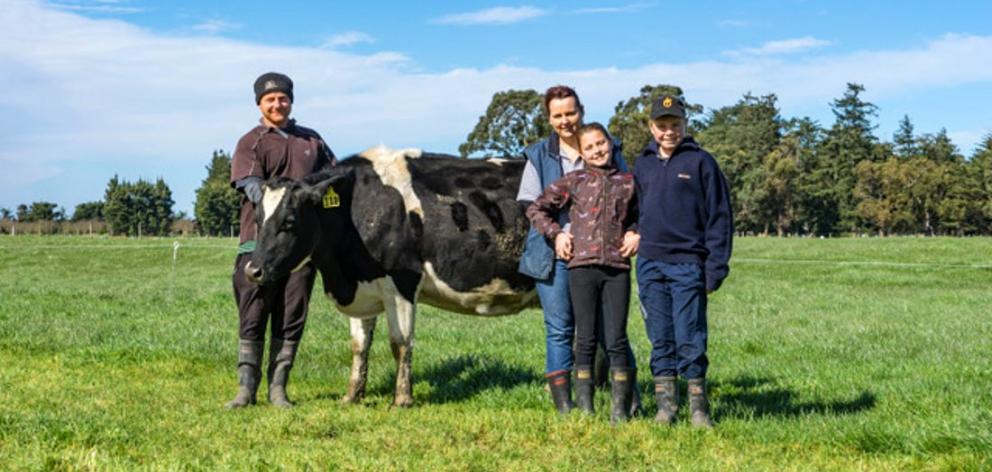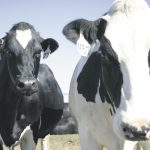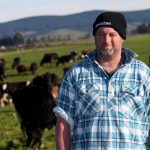
Farm owner Mark Williams said the increase in customers travelling from Mid Canterbury had warranted his decision to home deliver into the district.
The milk was popular for its health benefits including helping people dealing with eczema.
The company already delivers to clients in Christchurch and the surrounding areas.
He said over lockdown “we were delivering to a lot of customers in town over that time … we started doing eggs as well, so they didn’t have to go out to the supermarket as much.”
There were already more than 20 customers in the Mid Canterbury district, ’ so he was keen to tap into the opportunity.
There was no-one else selling it in the district, and the benefits were widespread, he said.
The non-pasteurised milk had all the good things needed by people to help the body process it. It was especially useful to people who were thought to be lactose intolerant.
“So many people come in to us and try our milk and … can drink it and never feel sick … there’s a heap of people like that.”
The A2 milk has a thicken protein stream, Mr Williams said.
“If you don’t have raw milk, then buy A2 milk because it’s a better protein … you’ll notice the difference.”
Mr Williams is planning for his full commercial herd of 350 to be all A2 in the next three years.
His raw milk herd, with 40 cows, is selected by firstly being A2 and secondly having a nice temperament. The hygiene regime is very strict and the cows, who are milked once a day, have more cream and produce about 600 litres.
The raw milk herd is kept separate from the commercial herd used to supply Fonterra and is milked first on a 40-a-side herringbone.
The cows are also tested every 10 days as part of an auditing process.
“We wash every cow, we wash every udder when we milk them, we teat spray them, we dry them with a sanitised wipe and then we put the cups on.
“(Milk) still goes through a filter and I’ve never struck anything (undesirable in the milk). The system works,” he said.
Mr Williams and wife Kelsey converted the farm eight years ago from a sheep and goat farm. Prior to taking up dairy cups, the couple had water bottling operation Spring Fresh in Tai Tapu. The chance to sell came up and led them to dairying.
“I talk to every customer normally. We want people to understand raw milk. Some people are more interested in the glass (recycling) side of it … we pick up the empties, sterilise and reuse.”
There is also a farm vending machine, with glass bottles available for purchase or bring your own, at the Aylesbury dairy shed, at 862 Aylesbury Road, Burnham for people to access. It’s a cash machine.
The milk is snapped chilled, put in a vat and is best kept cold.
“Nothing is done to it.”
The vending means “there is no carting, so no margin for error,” he said.

























